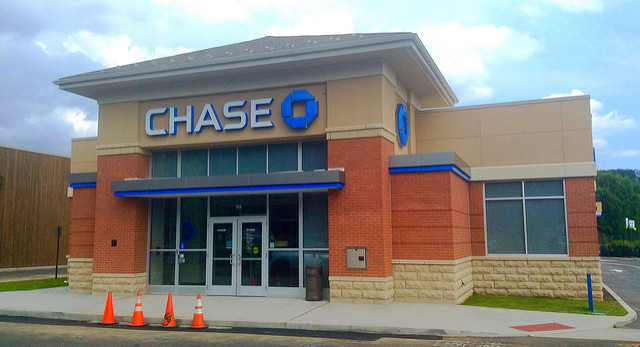One of the most frustrating aspects of modern banking is the number of fees you see at every turn. In many cases, it can feel as though the bank is charging you to access your own money. For those individuals who don’t keep a close eye on their accounts, fees may seem like an unfortunate part of life—and banks certainly do seem to penalize the perennially busy or distracted customers with fees.
However, there is no reason why you should be handing over your hard-earned money to the bank each month. If you are consistently being dinged by banking fees, here are the most common ones you’ll come up against, and how you can avoid them:
1. ATM Fees
We’ve all been in the situation where we need cash and the only available ATM is outside of our banking network. The bank, who owns the ATM, charges a fee, with your bank’s out-of-network fee on top, and suddenly that twenty you’re withdrawing costs you an additional $4.
The best way to avoid these fees is to make sure you take out cash from your bank or your bank’s ATM before you need it. If you find yourself short of cash and on the spot, take a moment to check the area for one of your bank’s ATMs with your smart phone. This is one definite benefit to our current 24/7 connectivity.

2. Minimum Balance Fees
Many checking and savings accounts require that you keep a minimum balance in the account, or else you pay a fee. In some ways, this feels like hitting you while you’re down: your balance has dipped, so the bank will charge you money, meaning it will go down even more.
When it comes to minimum balance fees, the best method for steering clear of them is to switch to a no-minimum checking account. If you generally have no problem keeping your balance above the minimum but had one bad month, call and ask your bank if they can waive that single fee. Banks will often be willing to work with you to make you happy, provided that you’re only asking for a single waiver.
Also Read: 6 Steps to Eliminate Credit Card Debt
3. Overdraft Protection Fees
No one likes bouncing checks, but it happens to the most diligent of banking customers. If you assume that a deposit has cleared without double-checking, you may find yourself spending money that is not actually in your account. In that case, overdraft protection can make sure that your rubber check clears—often by tapping either an associated savings account or a line of credit. Unfortunately, the bank charges big money—about $20 to $35 per overdraft—in order to cover your mistake.
It’s a good idea to have your overdraft protection set up to draw from your own savings account, because having to tap a line of credit for overdraft protection makes you vulnerable to further financial headaches and potentially high interest rates. If you have overdrawn your account, you can potentially ask the bank to waive the fee if there are extenuating circumstances. For example, my car was totaled on the day I had planned to deposit my paycheck, and so an automatic transfer from my account overdrew it. When I explained the situation to my bank, they were happy to waive the fee, but only because it was the only time I had overdrawn my account in five years of banking with them.
4. Debit Card Transaction Fees
Some banks will charge you a small amount each time you use your check card as a debit card. Some banks charge you that small fee if you instead use it as credit. Though the fee is usually pretty small—between $0.10 and $1.50 per transaction—the money adds up if you regularly use your card for purchases.
Find out from your bank what type of transaction (credit or debit) you need to specify at the register in order to use your card for free. That quick question can save you a great deal of money.
The Bottom Line
Banking fees are an annoying part of modern finance. The best way to minimize fees is to stay on top of your checking and savings accounts. But even if you don’t balance your checkbook once a week, you can still handle your banking without being crippled by fees.
Image Source - https://www.flickr.com/photos/jeepersmedia/